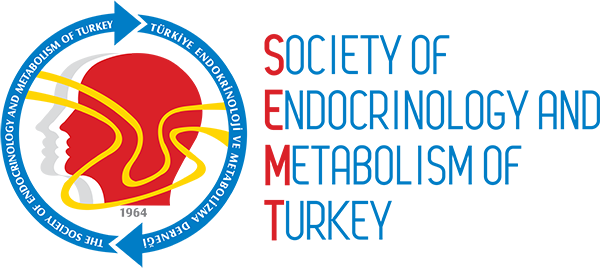ABSTRACT
Objective: Night eating syndrome refers to a condition, characterized by night hyperphagia and nocturnal ingestions that are often accompanied by an altered sleep and mood pattern. It is very common among students, who become prone to night eating syndrome owing to sleep deprivation and nocturnal eating habits. Adherence to such behavior increases the chances of poor higher mental function and an altered circadian rhythm, eventually resulting in compromised learning and academic failures. The present study intended to explore the relationship between night eating syndrome, grade point average, age, and body mass index of students attending college.
Material and Methods: The present study was based on a cross-sectional correlation design to find a correlation between night eating syndrome and academic achievement among students studying in the College of Applied Medical Sciences. Students who participated in the study were asked to complete a paper-based Night Eating Syndrome Diagnostic Questionnaire. The participants were categorized into four groups, namely, non-night eating syndrome, mild-night eating syndrome, moderate-night eating syndrome, and fullnight eating syndrome based on the scores they received in the questionnaire. The registration department of the University provided the grade point average to the students at the end of the academic semester.
Results: The questionnaire results categorized 86 students (35.7%) into mild night eating syndrome, 32 (13.3%) into moderate night eating syndrome, and 23 (9.5%) into full night eating syndrome. An increase in the body mass index was found to be associated with night eating syndrome, with an odds ratio of 1.113 (95% confidence interval, 1.071-1.156), Wald χ2 (1)=29.918, p<0.001. A decrease in the grade point average was associated with night eating syndrome, with an odds ratio of 2.1876 (95% confidence interval, 1.765-3.886), Wald χ2 (1)=33.318, p<0.001.
Conclusion: The present study concluded that night eating syndrome exerts detrimental effects on the academic performance of university students.



.png)
.png)